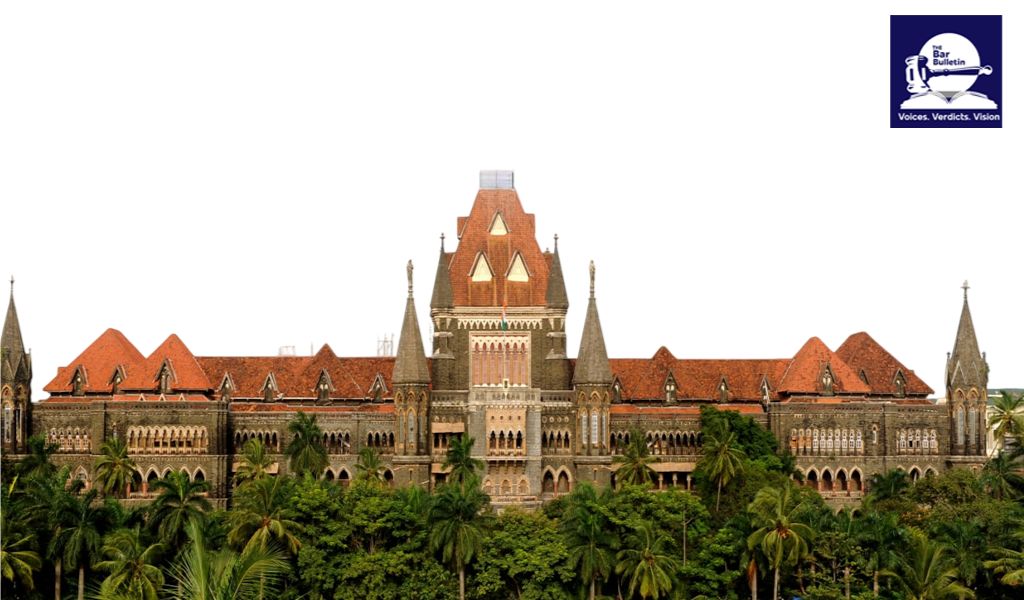The Bombay High Court came to the aid of an importer (petitioner), who, despite having duly complied with all statutory obligations and paid the necessary customs duty, neither received the imported goods nor obtained a refund of the duty paid, has been made to run from pillar to post for nearly three years, for the disagreement between two public authorities, each seeking to shift responsibility onto the other.
Aghast at an unfortunate situation in which an innocent importer has suffered and continues to suffer due to administrative inaction and inter-departmental discord between the customs and the port authorities, the Court held that the importer who has acted bona fide, paid the customs duty upfront, and made sustained efforts to trace the missing goods, cannot be subjected to indefinite hardship for refund of the pilfered goods, merely because of an inter-departmental dispute over fixing responsibility for the loss.
The Court is shocked to find that the two public authorities utilise taxpayers’ money or public funds, and therefore have no hesitation in raising various issues to delay the refund of customs duty to the Petitioner, even after practically admitting that the Petitioner is not responsible for their situation. Accordingly, the Court ruled that the petitioner (importer) gains the right to a refund if the goods were never delivered and the Bill of Entry never reached final clearance. Neither the pendency of the FIR nor the procedural status of the Bill of Entry can bar the Petitioner’s claim.
The main dispute revolves around the authorities’ disagreement over the liability to pay the amount already deposited by the Petitioner for customs duty on imported goods, which neither of the two authorities is willing to release to the Petitioner.
The Division Bench comprising Justice M.S. Sonak and Justice Advait M. Sethna referred to Section 13 of the Customs Act, 1962, to observe that where pilferage occurs after unloading but before the proper officer issues an order for clearance, the importer bears no liability to pay duty on the lost goods. Correspondingly, Section 45(3) of the 1962 Act explicitly provides that if imported goods are pilfered after unloading while in the custody of an approved custodian, such as the Port Authority, the custodian is liable to pay the applicable duty.
Therefore, the Bench observed that the statutory framework places the responsibility for safe custody squarely on the custodian and not on the importer until clearance for home consumption occurs. In the present matter, the Petitioner’s goods were never cleared for home consumption and accordingly continued to fall within the scope of Section 45, making the custodian, not the Petitioner, liable for the loss. Essentially, where goods are pilfered or short-landed before clearance is granted, the duty burden cannot be imposed on the importer.
The Bench clearly pointed out that once it is established that the imported goods were never received and that no order of clearance was ever issued by the proper officer, the Customs Act does not permit retention of the duty paid. The duty, collected in anticipation of clearance, becomes refundable because it was paid without the corresponding receipt of goods. Any contrary view would conflict with both the letter and intent of the statute and would effectively allow the revenue to retain duty without lawful authority, resulting in unjust enrichment at the importer’s expense.
In this case, the Bench explained that the amount paid by the Petitioner was not pursuant to any valid demand but was made merely in anticipation of clearance of goods that were never received. Consequently, the payment assumes the character of a deposit rather than a duty and, both in equity and under the statutory framework, must be refunded. The right to such a refund is a statutory entitlement and not a matter of discretion. The Customs Department, as the collecting authority, cannot withhold the amount indefinitely on the grounds of pending internal coordination with the Port Authority.
Whether the Petitioner’s non-receipt of goods is characterised as short landing or as loss occurring after unloading but before clearance, the legal outcome remains unchanged, that an importer cannot be held liable to pay customs duty on goods that were never cleared for home consumption. Consequently, the Bench directed the Customs Authority to refund the duty of Rs. 35.37 lacs, together with statutory interest at 9%, in accordance with Sections 23, 27, and 27A of the Customs Act, within four weeks. If the Customs authorities believe their position to be legally sound, they may pursue recovery from the Port Authority separately.
Appearances:
Advocates Rajiv Jaipal and Sunil, for the Petitioner/ Taxpayer
Advocates J. B. Mishra, Abhishek Mishra, Rupesh Dubey, Mohammed Oomar Shaikh, and M. V. Kini, for the Respondent/ Revenue

